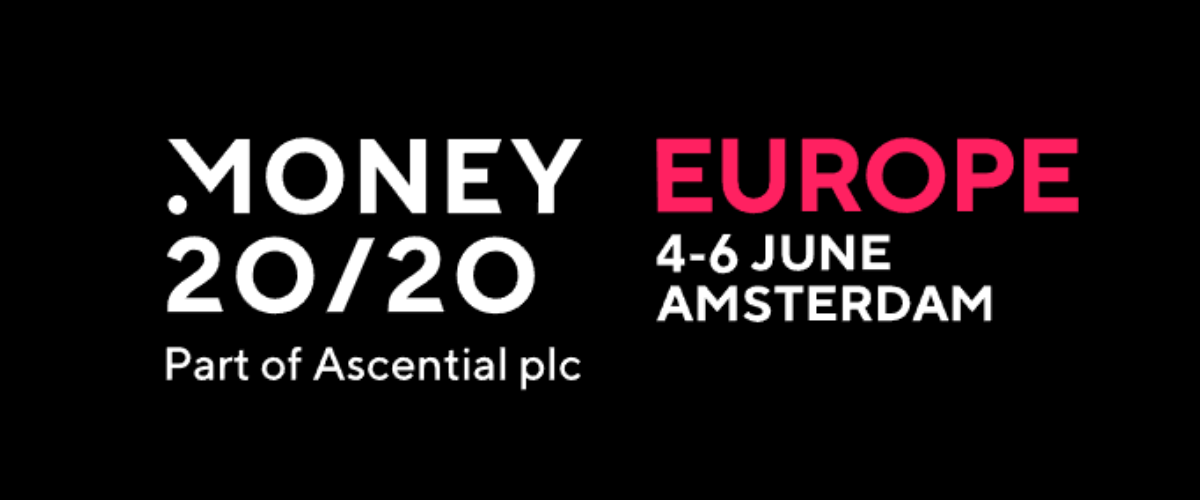The financial landscape is undergoing a significant transformation, with Embedded Finance and Banking-as-a-Service (BaaS) at the forefront. Financial institutions are shedding their traditional identities to become digital powerhouses, creating innovative platforms and ecosystems. These platforms, marketplaces, and ecosystems offer a seamless blend of banking and non-banking products, facilitated by a cloud-native, composable banking platform.
A notable shift toward open ecosystems is reshaping the traditional vertically integrated banking model. Financial institutions are now collaborating with fintech partners to embrace open ecosystems, driven by the need for value delivery, revenue generation, and fostering innovation. To thrive in this evolving landscape, financial institutions require open, real-time systems that handle data, analytics, communication, and transactions with finesse.
Embedded finance, powered by BaaS, plays a pivotal role in this transformation. BaaS provides the necessary infrastructure and APIs for offering banking services in a composable manner to third parties. The global opportunity for embedded finance is estimated to reach $7.2 trillion in the next decade, presenting a substantial growth prospect for financial institutions. However, many banks face technology gaps in their core platforms, hindering their engagement in embedded finance.
To seize this opportunity, banks need to modernize their core platforms, enabling them to make changes, create new products, and support granular composability. Raisin Bank, a German cloud bank, serves as a prime example, showcasing the success of embracing a modern, composable, and API-enabled core platform. Such platforms offer flexible product capabilities, agile product creation, real-time processing, quicker time to value, and enhanced reusability and functionality.
The quest for a modern core is crucial, as embedded finance and BaaS rewrite the rules of the financial industry. Financial institutions must adapt to these changes to avoid becoming obsolete. A cloud-native banking platform that can adapt to future needs is the key to success. Continuing reliance on legacy technology is no longer sustainable, and financial institutions must ask themselves whether their tech stack is up to the challenge of tomorrow.
In conclusion, the dynamic landscape of finance demands a strategic shift toward embedded finance and BaaS. The role of a modern, composable foundation is paramount in enabling openness, agility, and innovation. Read full article here.



